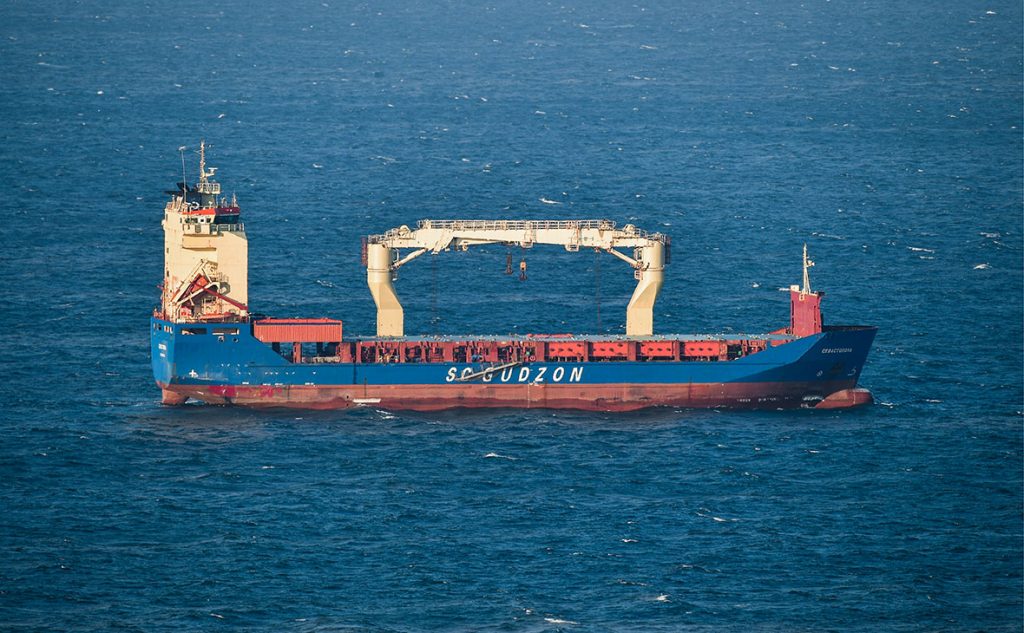Присоединение Сингапура к Международной конвенции по спасанию 1989 года является важным шагом, который приведет право этого города-государства в соответствие с другими морскими юрисдикциями, такими как: Великобритания, США, Австралия и Китай.
Авторы настоящей публикации рассматривают правовые эффекты, которые будет иметь присоединение Сингапура к этой Конвенции, в законодательстве и судебной практике. Особенное внимание уделяется перспективе судебного рассмотрения дел по искам о возмещении в связи со специальной компенсацией СКОПИК (SCOPIC claims), а также анализируются некоторые аспекты использования открытой формы спасательного договора Ллойда (Lloyd’s Open Form – LOF). Кроме того, исследуется перспективы ареста и принудительной продажи судов в водах Сингапура.
Singapore’s accession to the International Salvage Convention is an important step, which will align the city state with other prominent maritime jurisdictions such as the United Kingdom, the United States, Australia, and China.
When the Salvage Convention becomes part of Singapore law under amendments to be made to the Singapore Merchant Shipping Act (1), it will enshrine into Singapore law a salvor’s right to recover expenses they have incurred in their attempts to prevent or minimize environmental damage, even if they are unable to salve the vessel or where the value remaining in the salved fund is insufficient. This type of recovery is referred to as “special compensation,” which is available under article 14 of the Salvage Convention and protects salvors against the traditional consequences of “No Cure, No Pay,” which depended entirely on the successful salvage of the maritime property. Article 14 is intended to incentivize salvors to invest and maintain the assets, in terms of salvage craft, equipment, and personnel, that are necessary to render prompt assistance to vessels in difficulty. This is vitally important, and mitigates against the risk of geographical regions having insufficient response capacity. Such a scenario could have a profoundly detrimental effect on local marine ecologies, particularly in the event of an oil spill. At a time when the number of professional salvors is declining, providing an assurance to salvors that they will not be left out of pocket is increasingly important.
In conjunction with incorporating the Salvage Convention as part of Singapore law, the new High Court (Admiralty Jurisdiction) (Amendment) Bill also seeks to expand the Singapore High Court’s admiralty jurisdiction beyond traditional common law salvage claims to include claims under the Salvage Convention and claims under contracts in respect of salvage services.
The latter is significant because it expands the Singapore High Court’s admiralty jurisdiction to include Special Compensation P&I Clause (SCOPIC) claims.
SCOPIC provides a similar function to article 14 claims, allowing salvors to receive remuneration for their efforts in rendering assistance to a casualty. However, SCOPIC is a voluntary clause incorporated into salvage contracts and is intended to replace article 14. It works on a fixed tariff system for the daily deployment of specified craft, equipment, and personnel. There is generally a preference within the industry for incorporating SCOPIC, particularly in cases where the success of the salvage looks difficult or uncertain, rather than relying on article 14, which can be notoriously contentious.
While there are a number of standard form salvage contracts, the most commonly used is Lloyd’s Open Form (LOF). LOF is administered by the Salvage Arbitration Department of Lloyd’s of London. The salvor’s remuneration and/or special compensation is subject to English law and is determined by arbitration in London. The Council of Lloyd’s appoints an arbitrator and publishes the LOF award if a negotiated settlement is not reached.
The proposed changes to the Singapore High Court’s admiralty jurisdiction will allow salvors to invoke the Singapore High Court’s admiralty jurisdiction to obtain security for money they may be owed under article 14 or SCOPIC. Salvors will be permitted to arrest not only the ship to which salvage services were rendered, but also sister ships and, in certain circumstances, demise chartered ships (2). This is useful to salvors where there is little or no value in the ship that received the salvage services. While this could see an increase in the number of vessels arrested and sold within Singapore waters for salvage claims, we think this would be the exception. Article 14 and SCOPIC are both insured risks within protection and indemnity insurance cover so, ordinarily, security will be provided without the necessity to arrest, although there may be rare occasions where no such cover exists.
(1) By section 10 of the Merchant Shipping (Miscellaneous Amendments) Act 2019, which has yet to come into operation.
(2) Under section 4(4) of the High Court (Admiralty Jurisdiction) Act, which will now be amended by the amendments to be made under the High Court (Admiralty Jurisdiction) (Amendment) Bill.
Авторы: Collin Seah, Mark Myles
Источник: https://www.shiplawlog.com/2020/05/27/singapores-accession-to-the-international-salvage-convention/


